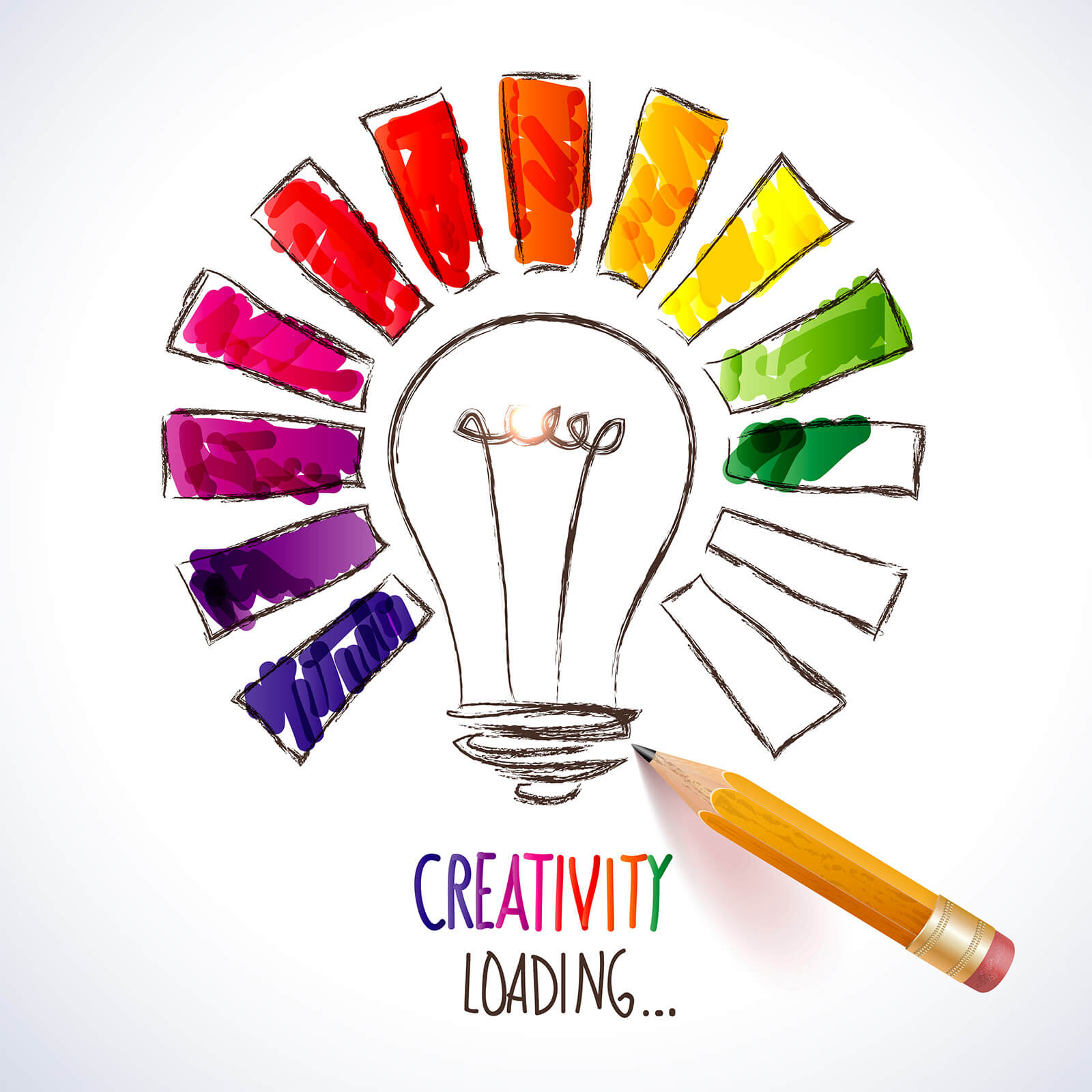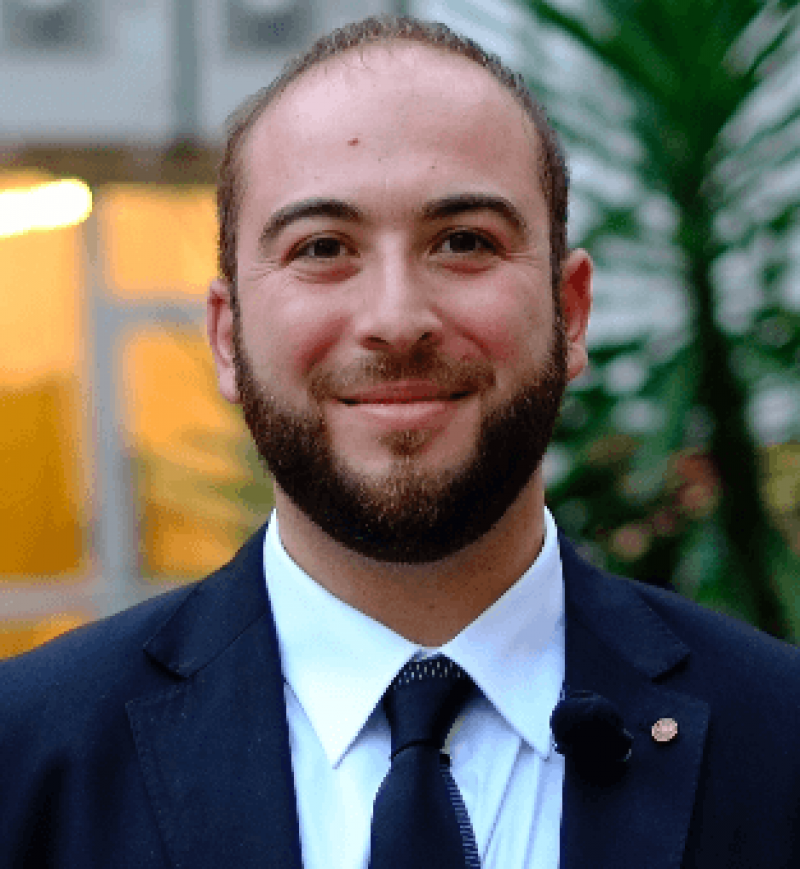Culture
Creative Immunity
In this ever-changing global scenario, one of our strengths is resilience: the ability to react by adapting to each change and activating our inner resources.
Apr 2020
None of us would ever have imagined living through such a dramatic epochal moment and suddenly becoming protagonists in what, until just a short time ago, could only have been the plot of an apocalyptic film. The Covid-19 epidemic has suddenly changed our lives and this whirlwind of events has changed our habits and routines. We have nervously begun to adjust to the first, new, "preventive measures”, such as no longer shaking hands with a customer, keeping a distance of at least one meter from them, or from colleagues with whom we have always shared the work each day.
At the same time, feelings of uncertainty, strangeness and fear have been overwhelming. Fortunately, one of the innate characteristics of man is resilience (in physics, the term indicates the ability of a material to absorb shock without breaking) which allows us to cope with traumatic events in a constructive manner and reorganize our lives by adapting positively to even the most adverse environmental conditions, activating our inner resources, such as creativity.
Over these last several weeks, we have personally seen and experienced a number of initiatives, some truly original, of "creative quarantine”; for example, flash-mobs and singing from the balconies that have captivated the entire world. Or Spotify which created the “Covid-19 Quarantine Party" a fun compilation for listeners during the quarantine with titles such as "Toxic" by Britney Spears and "Don't Stand So Close To Me" by the Police. And then, the United Nations organized a global creative call, asking artists to create works to counteract the spread of Coronavirus through creativity. So, we can imagine that among our colleagues, as well, there will be those who have started to write again or will be working on their model aircraft at home and, for now, waiting to be able to fly them as soon as possible.
Creativity is a great ally in the process of developing the psychological immunity we need in order to deal with this situation. Stefano Eleuteri - Health psychologist, psychotherapist, PhD in social psychology, developmental psychology and educational research - recently held a webinar on this very topic, organized by WorkplaceOptions as part of the Employee Assistance Program (EAP), the service that GE provides to its employees.
Dr. Eleuteri, why is it important to develop psychological immunity at this particular time?
"It is scientifically proven that psychological well-being affects our immunity. Therefore, one of the most important ways to be proactive about the possibility of reducing the risk of infection or at least reducing the effects of the disease is to optimize our level of immunity. Developing psychological immunity is one of the goals through which we can actively work to promote our health!"
What connection is there between psychological immunity and physical immunity?
"The psychological aspect acts on physical immunity, facilitating or inhibiting the ability of our immune system to react. In this way, having psychological immunity will make us less vulnerable to the virus, both the chance of our being infected as well as the severity of the symptoms of any infection. Specifically, stress increases the levels of adrenaline and cortisol by consuming the body's vital nutrients. This makes it more difficult to regulate the immune response and fight the infection. In addition, it damages internal organs and tissues at the cellular level and this causes additional stress on the body."
So how can we strengthen our psychological immunity?
"The strengthening of psychological immunity occurs through having a greater awareness and acceptance of our emotions. The goal is to recognize negative emotions in order to avoid negative behaviors that could be enacted to escape or attempt to control them (e.g.: drinking too much alcohol, eating too much unhealthy food, watching too much television, always looking for information about the virus, etc.) and amplify positive emotions. To do this, we can do one or more of the following things: Doing breathing and relaxation exercises; writing a daily diary (if possible in a schematic form) to write down good news, positive thoughts and identify and control negative thoughts (having written down what we feel is a way to gain more awareness); connecting online with friends, colleagues and loved ones (this can especially help those who are on their own); offering help and support to others (prosocial behavior promotes the development of positive emotions).
What role does creativity play in this process and how can we develop it?
"Creativity plays a role as a catalyst for positive emotions. Like all mental processes, we can develop it through training. From the psychological point of view, creativity corresponds to lateral thinking, to the possibility, therefore, of finding different answers to the same problem. As a part of this training, let's challenge ourselves to think differently, at work as well as on a personal level. At work, for example, we can think: how can I achieve the same goal or better goals using different mechanisms? How can I change my routine to make it better suited to my personality and, therefore, more efficient. Planning the work will then become more enjoyable. On a personal level, especially in this period of isolation, let us strive to develop, at least at the weekend, our creativity. Let's try to cook something special (perhaps by cooking some ethnic foods if you like...), try some new hobbies, alone or with your family, or give yourself an artistic goal (these are just a few examples, but also just thinking about something "creative" to do is a creative process). You'll start the new week in a higher gear!"
"The goal is to recognize negative emotions in order to avoid negative behaviors that could be enacted to escape or attempt to control them and amplify positive emotions"
Could you suggest some practical strategies for dealing with the situation at both work and on a personal level?
"At work, I think the thing that's hardest to adapt to is change. Change can be linked to various aspects: possible redundancy, smartworking, the continuation of work or return to work under the new safety measures. To focus on the positive aspects of these changes, although normally it is easier for us to focus on the negative, I would ask you to reflect on one change and make a list of all the losses and gains related to what has changed/is changing. The objective of the activity is to identify the losses that may need to be addressed and to move forward, focusing mainly on the positive aspects of the situation. Do not finish until the list of benefits is at least as long as the list of negatives! This exercise can be done for any change you face both at work and in your personal life. On a personal level, I also suggest you try mindfulness exercises (a meditation technique) that you can easily find on YouTube or through specific apps (I suggest you start with body scan, as it is a meditation focused on the body approach and is therefore easier for those who have never practiced meditation, and try to do it for at least ten minutes a day for a few days ... you will certainly feel less stressed and more energetic). Working on your psychological immunity will make you more resilient! Psychologists believe that resilient individuals are better able to handle such adversity and rebuild their lives following a catastrophic event. This involves a process of managing negative situations or stress and maintaining or recovering physical or emotional well-being. This means that resilient people are able to use their skills and strengths to face and recover from difficulties and challenges. Those who do not have this resilience can be overwhelmed by these experiences. They can dwell on problems and use unhealthy management mechanisms to address life's challenges. Disappointment or failure could lead to unhealthy or unsafe behaviors. These individuals are slower to recover from setbacks and may have more mental health problems. Creativity and resilience will be the weapons for you to acquire immunity!”
So, let's start training right away to free our minds from negative thoughts and let the positive and creative ones flow, because, in the words of the American poet and writer Maya Angelou, “You can’t run out of creativity. The more you use, the more you have."






